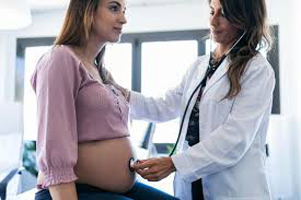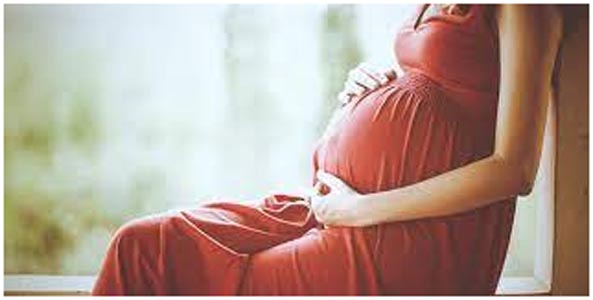- Many young couples are delaying their family extension plans due to the pandemic and its challenges, according to a survey conducted by Zynova Shalby Hospital from Ghatkopar in Mumbai
- A woman’s peak reproductive years are between the late teens and late 20s. By age 30, fertility (the ability to get pregnant) starts to decline: Dr Priyanka Shukla, Gynecologist & Obstetrician from Apex Hospitals, Borivali.
GOWRI MANICKAVASAGAM
India is one of the countries where women face challenges and risks during childbirth. More than 45,000 women in India lose their lives every year due to lack of access to proper care during pregnancy.

According to the most recent statistics, the Maternal Mortality Rate (MMR) in India has come down to 103 per one lakh births in 2017-19 from 113 per one lakh births in 2016-18. India has seen a significant decline in child mortality in the last few years, but India still has a long way to go when it comes to decreasing our MMR.
Late motherhood is a reality that poses challenges during pregnancy in the cities. Career and life stabilization takes priority and the cradle takes longer time to arrive. Many young couples are delaying their family extension plans due to the pandemic and its challenges, according to a survey conducted by Zynova Shalby Hospital from Ghatkopar in Mumbai.
Giving more information about this vital issue, Dr Madhuri Mehendale Consultant Obstetrics and Gynecologist from Zynova Shalby Hospital, said, “For the last two years, the whole world has been facing the situation of Corona pandemic; many citizens in the private sector have lost their jobs and businesses. This has pushed many couples to postpone their family planning. Pregnancy is considered to be a stage in which the immune system is weakened. Pregnant women are afraid of the Covid-19 epidemic infection. Also, due to financial constraints, many couples are still suffering from mental stress and financial instability even after lockdown.
“The corona epidemic began after March 2020, with lockdowns and subsequent waves of corona increasing the couple’s parenting and household responsibilities. In addition, the concept of work from home has become more popular in the corporate sector. Even today, 30 to 35% of the citizens are doing work from home. In this culture, the working hours are from 9 am to 9 pm, so personal freedom seems to be compromised. Safe motherhood is ensuring that females receive the care they require to remain safe and healthy. Special attention must be paid especially during labour and delivery, which is the most vulnerable time for difficulties.”
Woman’s peak reproductive years are between late teens & late 20s
“Age plays an important role in pregnancy With age, the number of eggs decreases. There are a few things to keep in mind when it comes to late motherhood. This is because over time, challenges such as miscarriage, high blood pressure, pre-eclampsia may arise. Pregnancy at an older age can increase the risk of Down’s syndrome in children. A woman’s peak reproductive years are between the late teens and late 20s. By age 30, fertility (the ability to get pregnant) starts to decline. This decline becomes more rapid once you reach your mid-30s. By 45, fertility has declined so much that getting pregnant naturally is unlikely for most women,” said Dr Priyanka Shukla, Gynecologist & Obstetrician from Apex Hospitals, Borivali.












